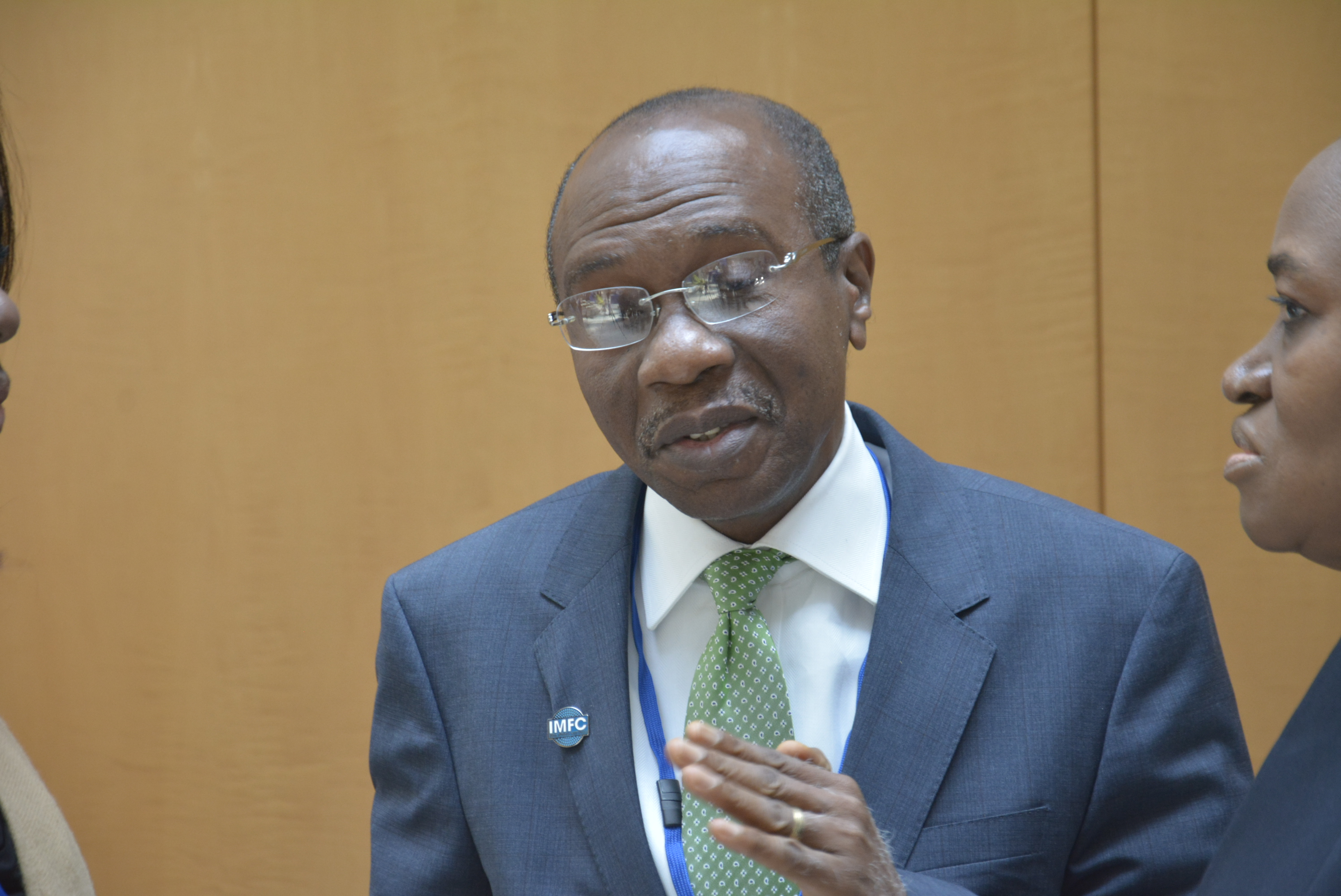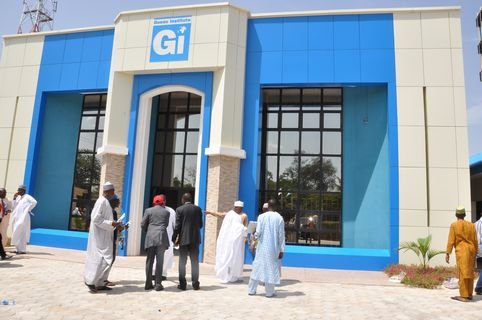The Central Bank of Nigeria (CBN) advises banks to pay at least 30% of the Monetary Policy Rate per annum (i.e. the rate at which the CBN lends to banks) on deposits in basic savings accounts. By implication, the CBN allows banks to make up to 70% of MPR per annum from savings deposits accounts. On balance, therefore, deposits in savings accounts are a lot cheaper for banks than borrowing from the apex bank. Given that banks are not charities, it is fair to expect them to make some profits from the deposits in savings accounts.
Banks also incur some transaction costs in maintaining such accounts for depositors. Such costs might include investment in technology, infrastructure, people, and brand. They also create some value – e.g. ease of transactions and payment of interests – for depositors. To cover the costs incurred and for the value they create, it is only reasonable for banks to profit from deposits in savings accounts. It is also fair to say that the 70% of MPR per annum allowed by the CBN is a reasonable allowance to play with to cover any costs incurred by the banks.
Notwithstanding this generous allowance, the CBN allows banks to penalise depositors if they make more than four withdrawals from their deposits in a single month. In other words, if you have a balance of N20m in a savings account and you make five transactions of N10,000 each in a single day (i.e. N50,000 in a day), you will forfeit the interest on the remaining N19, 999, 950 for that month. Put it another way, because of spending N50,000 of your money in five different transactions in a day (even if these are just transfers from one account to another of the same bank), you have given your bank the right to use your N19,999,950 for that month free of charge.
Although the forfeiture of interests on deposits in savings accounts due to withdrawals more than a certain number is only a non-binding advice from the CBN, some banks have embraced it wantonly and found it an easy source of money. From personal experience, GTBank appears to adhere rigorously to this non-binding advice. Others, like Standard Chartered, are more aggressive about it. Standard Chartered set their limit at three withdrawals per month.
Advertisement
This is very unfair and unethical. It leaves one wondering how the CBN allowed this unjust policy to be. Did the CBN think this policy through carefully? Was it an innocent mistake in policy or a product of an apex bank captured by the private interests of the banks? These are some of the disturbing questions orchestrated by this draconian but avoidable policy.
The sad truth is that many depositors are not aware of this treacherous policy; or where they are aware of it, they feel powerless to do anything about it. The injustice embedded in the policy is widely recognised, but since it can pass the test of a contract law (i.e. the contract between the bank and her customers), it has become a necessary evil people should live with.
However, should this be the case in an economy where a savings culture should be strongly supported and promoted, instead of penalised? To make things worse, the market is extremely opaque with already clever hidden charges and huge search costs, which make switching almost impossible. But is there a way out of this quagmire?
Advertisement
The CBN can revisit this policy and address its unintended consequences (assuming the policy wasn’t a result of the regulated capturing the regulator). It is obviously possible that this could be another way of creating a moneymaking avenue for banks given the fact that they have lost other sources of revenue engraved in hidden charges. Notwithstanding, it is not wise to rob Peter to pay Paul. The banking system should be, at least, fair and responsible.
While waiting for the CBN to reverse this unethical policy, the banks can do better than jump on this loophole in policy and feed fat on it. Most banks now tout their Corporate Social Responsibility (CSR) credentials and their adherence to the Nigerian Sustainable Banking Principles (NSBPs). These principles, if they mean anything to the banks, should promote responsible and society-aligned banking. CSR in the marketplace, for instance, requires that firms should be fair to their consumers and competition. In this case, it behoves the banks to show more restraint and make the best of the 70% MPR per annum allowance already approved by the CBN.
Going forward to penalise depositors for insignificant withdrawals is both excessive and unfair. Things like this give the banking sector a bad name. It perpetuates the perception of the sector as one largely constituted by greedy shylocks, who are only there to prey on the vulnerabilities of their stakeholders.
One would like to see this anomaly become part of the CSR discourse in the banking sector. The CSR professionals in the banking industry have significant roles to play here. Fair and ethical banking should be the norm and not the exception. Even where a bank is bent on penalising a depositor this way, the bank can leverage technology to enhance transparency. Imagine a situation where your bank alerts you that you are about exceeding your number of withdrawals before you make it, to enable you decide whether to go ahead or not. Advancements in banking and financial technology make this option very possible and easy. The question is why the banks are not willing to explore it instead of exploiting their depositors.
Advertisement
There is also a space for social entrepreneurs and the civil society to fill in the seeming governance void here. It pays for markets to be competitive. Competitive markets are also transparent markets, with the necessary information to enable actors make informed choices. I see an opportunity here for market comparison actors to find ways of minimising the search costs for consumers who are willing to shop around and switch if need be. This will expose the banks and force them to be more responsive. The opacity of the sector and their preying strategies do not help the industry and the Nigerian society, at large.
A sound and fair banking sector is good for every economy. A rogue-banking sector ultimately destroys itself and society. This is where I think the Nigerian banking sector needs to learn a lot from the Global Alliance for Banking on Values.
Amaeshi is professor of business & sustainable development, and director of the Sustainable Business Initiative, at the University of Edinburgh, United Kingdom
Advertisement
Views expressed by contributors are strictly personal and not of TheCable.
Add a comment







